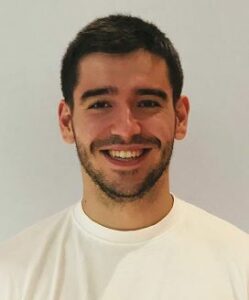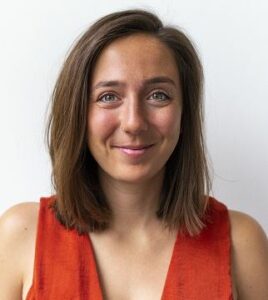G-Research November 2022 grant winners
- Quantitative Research
Each month, we provide up to £2,000 in grant money to early career researchers in quantitative disciplines.
Our aim is to support and assist PhD students and postdocs conducting research, particularly with costs that may be difficult to get funding for elsewhere, for example, travel for those who are caring for children, or expenses for volunteer work related to research.
Learn more about our grant programme, including how you can apply and the work we support.
Read on to hear from our latest winners and how our grants will aid their work, such as helping Julius Berner attend NeurIPS in New Orleans, without which, Julius wouldn’t have been able to present his research at the conference.
November grant winners
Julius Berner (University of Vienna)
“I am a PhD student at the University of Vienna working on the mathematical analysis of deep learning and the development of neural solvers for partial differential equations (PDEs).
“Recently, diffusion models have become state‑of‑the‑art in generative modelling. We established a connection to Hamilton‑Jacobi‑Bellman equations, paving the way for the use of neural PDE solvers and methods from optimal control in the context of generative modelling.
“The grant from G‑Research allowed me to present this work, entitled ‘An optimal control perspective on diffusion‑based generative modelling’, at the workshop for score‑based methods at the NeurIPS conference in New Orleans.”
Aitor Ormazabal (University of the Basque Country)

“I am a PhD student at the University of the Basque Country. I’ve worked in the study of multilingual representations, with applications in unsupervised word translation, and paraphrase generation.
“My current research interest lies in controllable generation, where human evaluation is crucial to track and improve the quality of our models. This grant will help fund these costly human evaluations.”
Kathryn Bates (King’s College)

“I am currently a Post-Doctoral Researcher at King’s College London, investigating how environmental exposures impact youth development.
“The G-Research grant will enable me to visit the Lifespan Cognitive Dynamics (LCD) lab at the Donders Institute in Nijmegen, Netherlands.
“During this visit, I will conduct a project applying Non-Linear Mixed Models to examine sensitive periods of mental health and adversity exposure throughout adolescence, closely collaborating and learning from the LCD lab and their expertise in longitudinal modelling.”
Congratulations to our grant winners.
